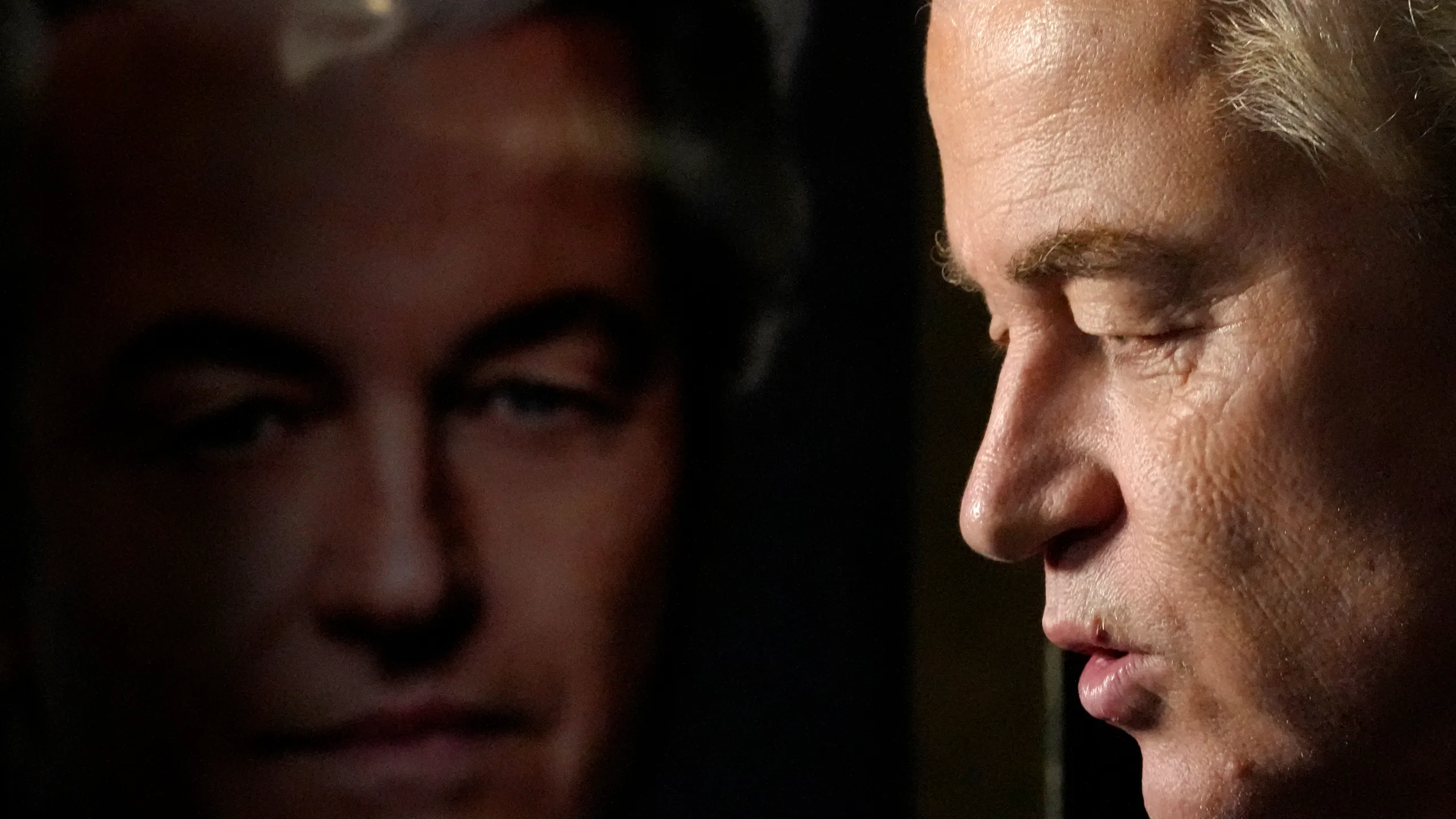In the recent Dutch elections, a significant political shift occurred, marking a new chapter in both Dutch and European politics. The main contenders in this electoral battle were Geert Wilders’ far-right Party for Freedom (PVV), the liberal-conservative Party for Freedom and Democracy (VVD), and a coalition of Greens and Labour (GL/PvdA). This election unfolded against a backdrop of growing Euroscepticism, immigration debates, and environmental policy disputes, reflecting broader social-political tensions within the European Union.
Geert Wilders, known for his anti-Islam and anti-EU stance, emerged as the unexpected victor, with his PVV winning 37 out of 150 seats. This victory was a stark departure from the political norm in the Netherlands, a country long dominated by more centrist parties. Wilders’ success can be attributed to a strategic softening of his rhetoric in the days leading up to the election, appealing to a broader base of voters dissatisfied with the status quo. His campaign capitalized on key issues such as immigration, national identity, and skepticism towards the EU, resonating with a significant portion of the electorate.
The formation of the next government in the Netherlands now hinges on Wilders’ ability to form a coalition. Despite his party’s victory, forming a government will be challenging, given his polarizing views and the reluctance of mainstream parties to align with him. Potential coalition partners include the VVD and the New Social Contract (NSC) party. However, any coalition involving Wilders is likely to be fragile, given the ideological differences and the history of unstable alliances involving the PVV.
Wilders’ victory has profound implications for both the Netherlands and the European Union. Domestically, his anti-immigration and Eurosceptic policies could lead to significant changes in Dutch society, potentially impacting immigration laws, environmental policies, and the country’s stance on EU integration. For the European Union, Wilders’ ascent represents a growing trend of nationalist and populist movements gaining ground, challenging the EU’s principles of open borders and collective decision-making.
If Wilders becomes Prime Minister, it could signal a shift towards more nationalistic and isolationist policies in the Netherlands, potentially influencing other EU member states facing similar political dynamics. This shift could strain the Netherlands’ relationships within the EU, particularly on issues like immigration and climate policy. However, it’s important to note that nearly three-quarters of Dutch voters did not vote for Wilders, indicating that any government he leads will need to navigate a complex and potentially divided political landscape.
In conclusion, the Dutch election results signify a pivotal moment in the country’s political history, with potential ripple effects across Europe. As Wilders seeks to form a government, the direction he takes could redefine the Netherlands’ role in the EU and its approach to key global issues.
Source link
